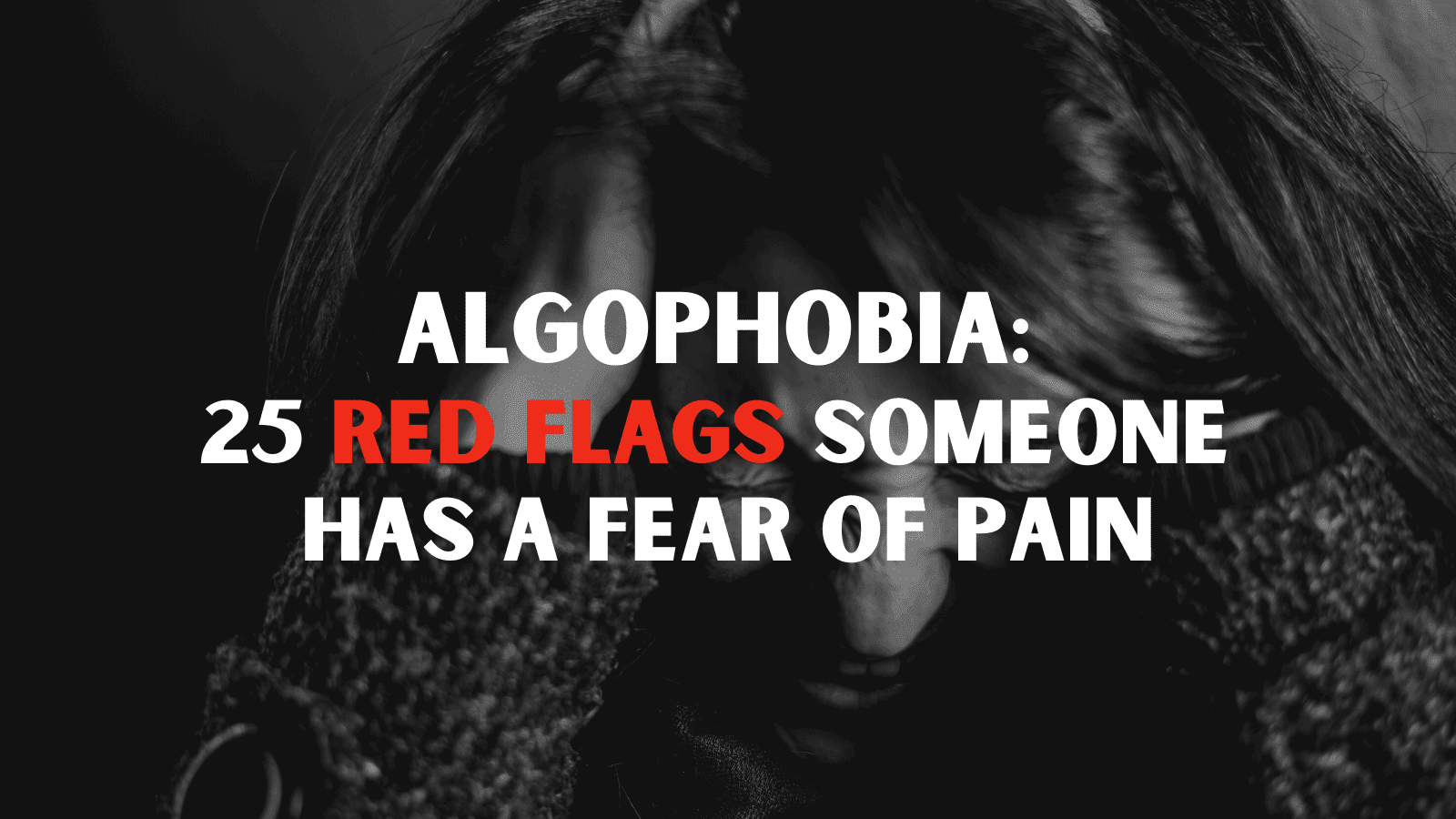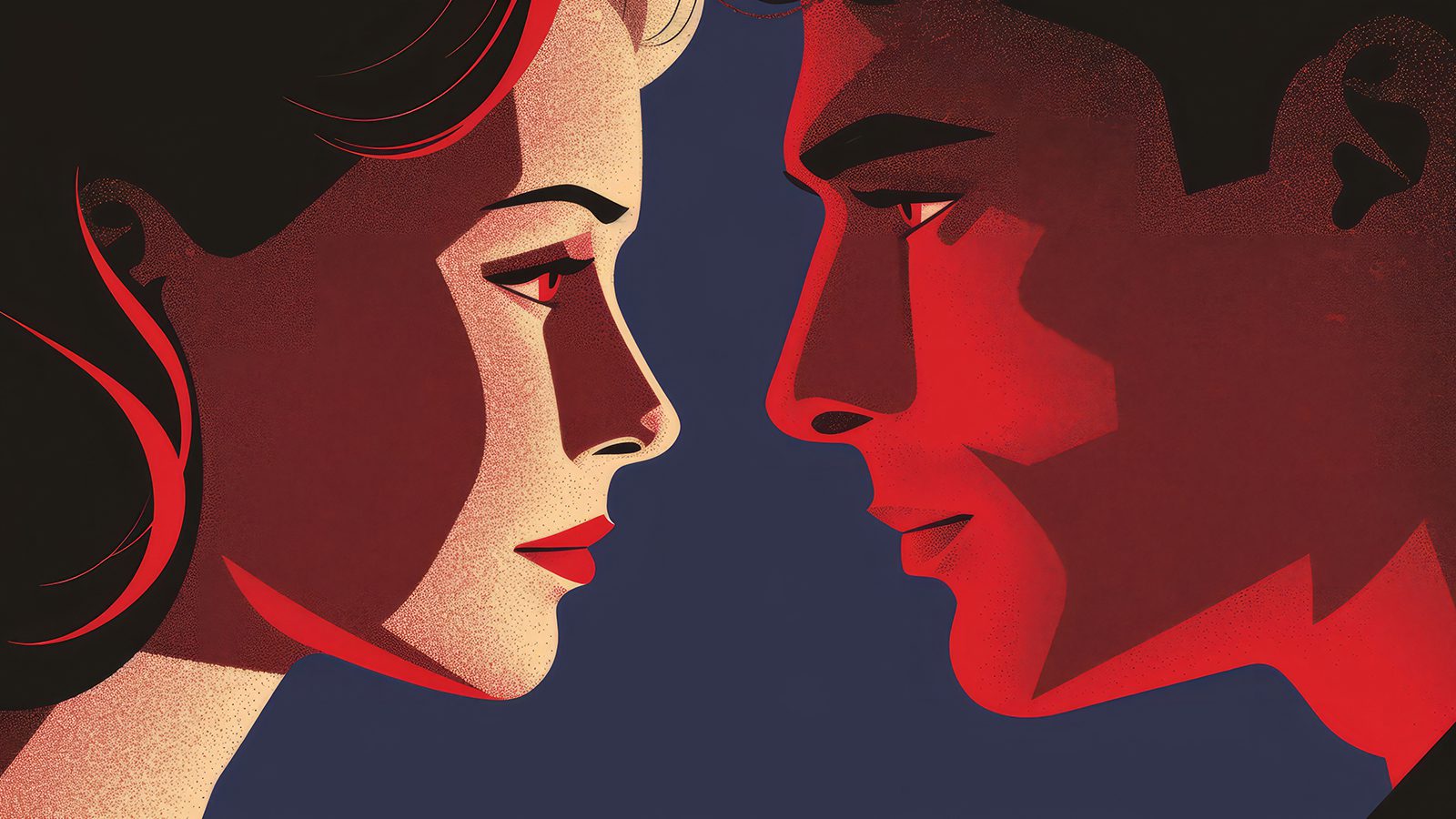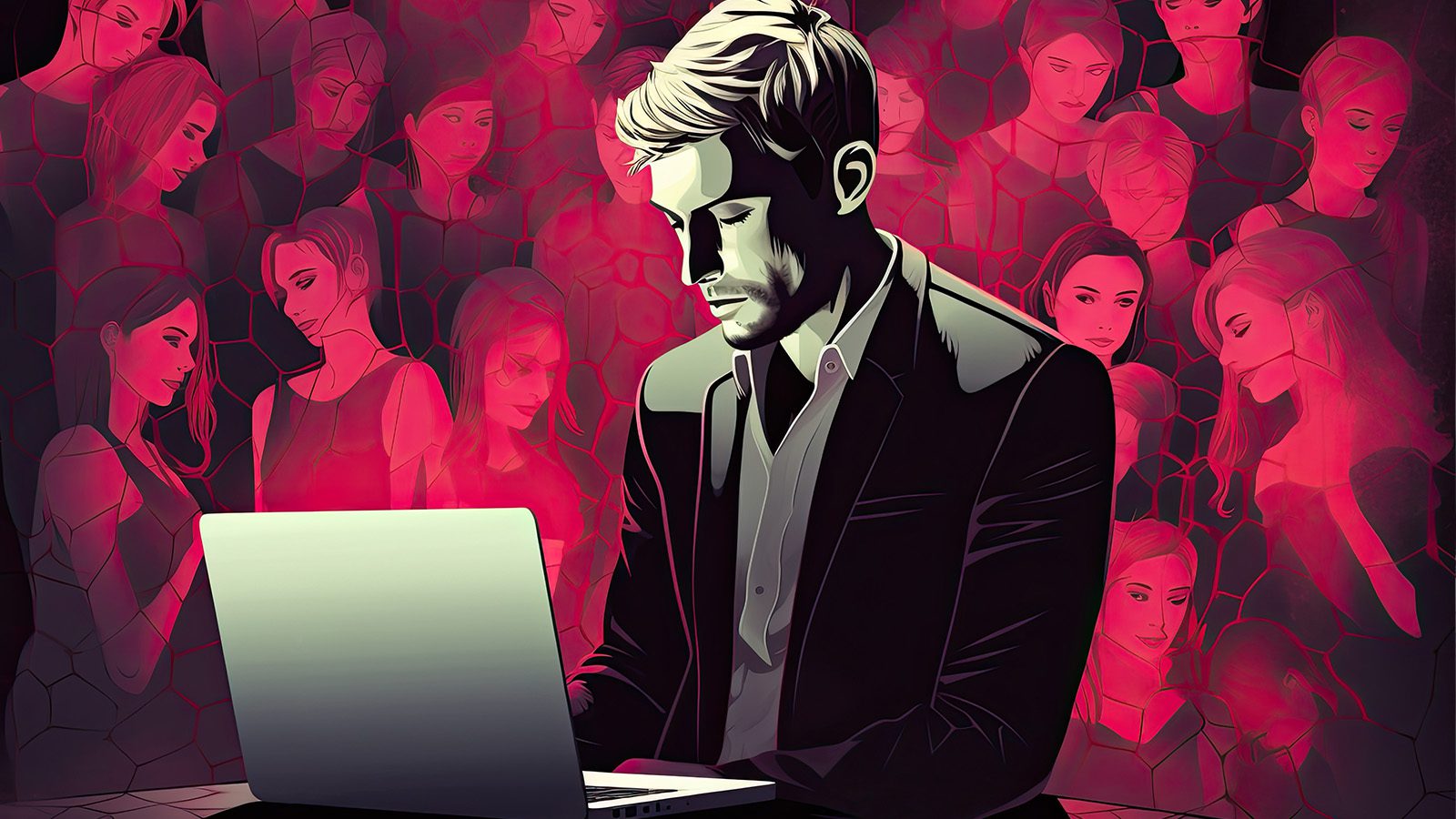Have you ever heard of algophobia or the fear of pain? It’s one of the hundreds of phobias identified by psychologists. Shockingly, more than 19 million people in this country suffer from a debilitating fear like this one, but many suffer in silence.
Understanding Algophobia, the Fear of Pain
Algophobia is a specific phobia that causes a fear of pain, and it’s in the anxiety classification of mental illnesses. Someone who has this condition suffers from overwhelming anxiety about any emotional or physical discomfort.
Since it’s a specific phobia, folks with this condition will avoid anything where they might feel pain. Your mind probably ruminates to places like the doctor’s office or the dentist, but it goes way beyond those common scenarios. This phobia can limit your life if you do not get it under control.
The intriguing part of any anxiety disorder is that you don’t have to be in physical pain for you to suffer. For instance, your brain can trick you into thinking things that aren’t true and cause you to be afraid of what might happen rather than what is happening. Your brain can send signals to your body that it’s in jeopardy even when no danger is present.
For instance, you’re driving down the road, and life is excellent. All of a sudden, thoughts of a car accident come flooding through your mind. You instantly tense up because you fear the pain of a wreck.
Your face starts going numb, your heart begins to race, and you feel like you’re going to have a panic attack as you envision injuries from an accident ahead. Now, the chances of an accident are slim, but your brain used stimuli from the roadway to create a false scenario in your mind. All it took was one car cutting you off in the passing lane, and your anxiety kicks into overdrive.
When you don’t address these issues, the fear only intensifies. Pretty soon, you’re having these feelings in line at the local department store, as you worry about passing out while everyone is waiting. You might also be unable to go out to eat for fear of choking, getting cut with a knife, or having some other painful experience.
25 Red Flags of Algophobia
The fear of pain is a specific phobia, and it’s part of a wide range of anxiety disorders. It gets tricky because anxiety disorders can overlap a great deal. However, the person who has this phobia can experience these 25 symptoms:
- Chills
- Sweating
- Hot flashes
- Difficulty breathing
- Choking sensations
- Racing heart
- Chest pain
- Nausea
- Dizziness
- Feeling like you’re going to pass out
- Dry mouth
- Pins and needles feelings in the extremities
- Frequent urination
- Diarrhea
- Ringing in the ears
- Disorientation
- Confusion
- Disassociation
- Increase in blood pressure
- Fight or flight
- Impending doom
- Fear of losing control
- Feeling that death is near
- Social withdrawal
- Mood swings
Remember that since the fear of pain is a part of anxiety disorders, it’s possible to experience these symptoms with any anxiety-based condition. Only a mental health professional can officially diagnose you with algophobia.
How Anxiety Based Disorder Intensify?
One of the significant issues with mental health problems is that people think they can live with them and learn a new normal. The good news is that anxiety-based conditions are very treatable, so there’s no reason to suffer in silence. Avoiding the object you fear will make things better, but it will make things ten times worse.
Fears intensify if you don’t deal with them. Remember the boogie man in the closet as a child? You were sure there was someone under your bed or in the closet, no matter what anyone else said. Your brain created this huge drama that scared you till the point where you got little rest.
If you did not learn how to deal with it, you would start sneaking into your parent or another sibling’s room because you were so scared. Like with most anxieties, at first, you realize you have a problem, so you try to adjust your life to live with it. In this instance, you compensated for the fear by going into another room to sleep.
Now, assume you have a fear of pain, and you had a panic attack on the freeway for fear of an accident. You may be afraid to go onto a highway again for concern of a repeat incident. Soon, it will be the grocery store, the doctor’s office, and anywhere else you experienced this crippling anxiety.
Pretty soon, your fears have taken over your life until it’s squeezed the vitality right out of you. This fearful existence is no way to live.
Treating the Fear of Pain
Now you should know that there’s not one specific treatment that will work for each person. However, once you try a few different ones, you can find something that helps ease the pangs of fear you feel. Here are the most used treatment options:
1. Talk Therapy or CBT
In most anxiety-based phobias, there’s an underlying force that’s driving these fears. For instance, someone who has been through horrific abuse in their past might develop the fear of pain. Talk therapy or CBT is a great way to get out what’s on the inside and stop letting it fester.
The key is to get those buried secrets out with someone safe and process the grief. Now, some people don’t have any underlying issues, and their phobias develop out of nowhere. So, it’s vital to utilize the various types of treatments that suit you best.
2. DBT Therapy
Dialectal behavioral therapy is a bit different as it’s used to teach strategies to help you manage your condition. This style of treatment is comprised of four core skill sets that help you learn coping mechanisms. Some of them are being present in the moment and grounding exercises.
According to DBT, it provides you with tools to help with emotional regulation, mindfulness, interpersonal skills, and distress tolerance.
3. Supplements
People often experience such impending doom and odd sensations because their body is deficient in vitamins and minerals they need to thrive. Some examples are magnesium. Many studies are underway to learn about inadequate levels of B12, Vitamin D, and other vital supplements that can fuel things like phobias.
According to Rapid City Journal, there’s a direct link between vitamin deficiencies and anxiety. One of the vitamins of interest is zinc, as well as B6. Having blood tests to check your vitamin levels can be a useful starting point for treatment.
4. Exposure Therapy
Exposure therapy is challenging because you face your fears head-on. You gradually increase your stimuli until it doesn’t bother you anymore. For instance, if your fear of pain has crippled you till you can’t drive a car any longer for fear of an accident, then you can expose yourself back to moving slowly.
There’s also a fear of driving, so this is another point where different social anxiety disorders may overlap a bit. However, you may start by going to the end of your street. Next, you may feel comfortable enough to drive around the block, then to the other side of town.
Exposures should be slow and controlled, and there should be someone with you in the car as you go through these high anxiety tasks. Eventually, you will be able to get behind the wheel without feeling any angst or impending doom.
5. EFT Tapping
Tapping is an excellent treatment method that simulates the pressure points in the body. It incorporates some of the techniques used in acupuncture. By tapping on these specific areas, you’re telling the brain that it can calm down.
This systematic process lowers cortisol levels, one of the hormones that put your body into fight or flight mode. You can tap anywhere that you feel great anxiety without causing too much attention to yourself.
Other Common Phobias People Share
Did you ever wonder what the most common phobias are around the world? Here are some of the most recognized:
- Arachnophobia: A fear of spiders; affected: thirty percent of the population
- Ophidiophobia: The fear of snakes; affected: twenty percent of the population
- Acrophobia: A fear of heights; impacted: two percent of the population
- Agoraphobia: The fear of crowds or social situations; affected: one percent of the population
- Mysophobia: A fear of germs; impacted: thirteen percent of the population
While these might be the most recognizable fears, many other anxieties are just as severe, like algophobia. The problem with overwhelming apprehension over snakes, social situations, or spiders is that if you don’t get proper treatment for these issues, they can cripple you emotionally.
For instance, a person with agoraphobia will start to avoid the grocery store, shopping mall, gym, church services, and anything where crowds gather due to their escalated fears. You won’t have any quality of life if you run from these debilitating worries, but you must face them head-on.
Final Thoughts on Algophobia
Algophobia is a challenging anxiety-based condition to manage. The fear of pain can cripple you if you allow it. The key is to get help quickly and not suffer in silence. Without the proper coping skills, you will only allow the fears to grow, which can soon be debilitating.
You have the power within yourself to deescalate your fears, and it’s time to stop being so afraid.


















